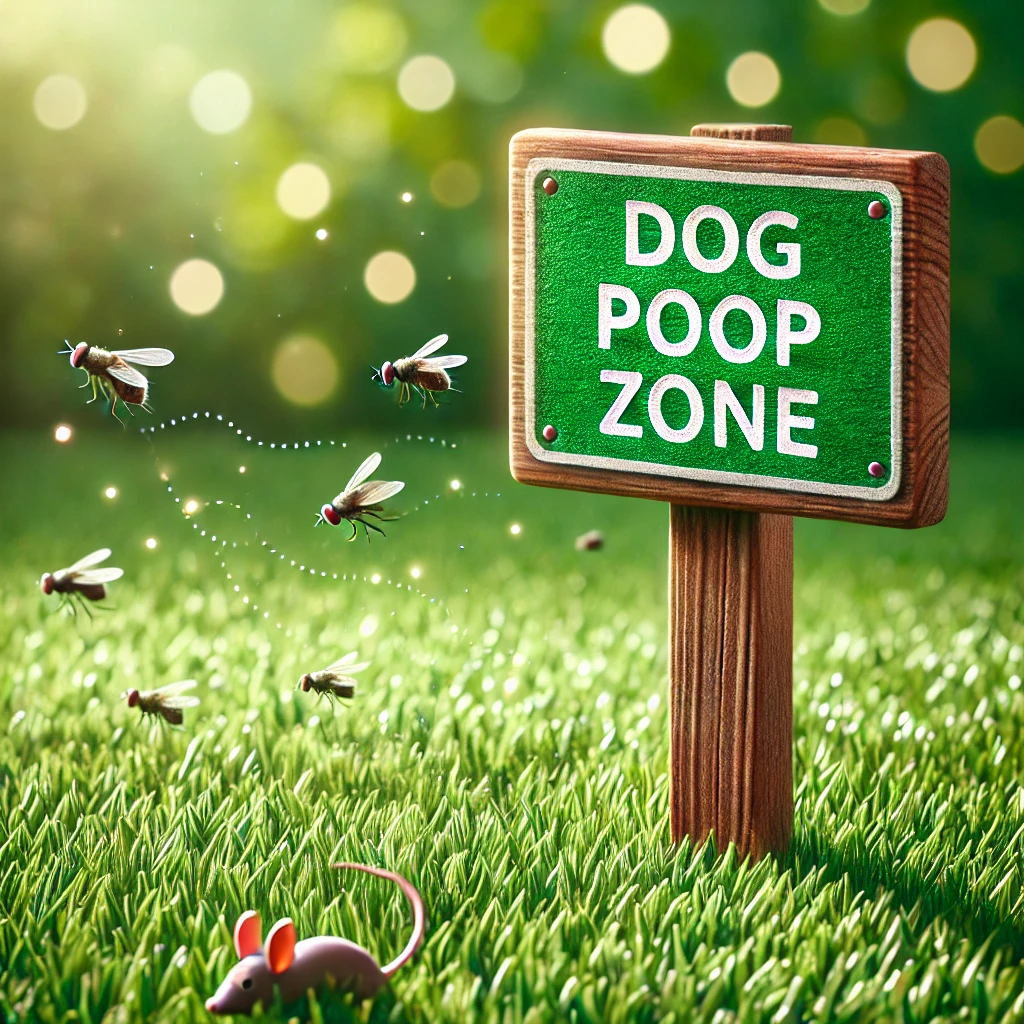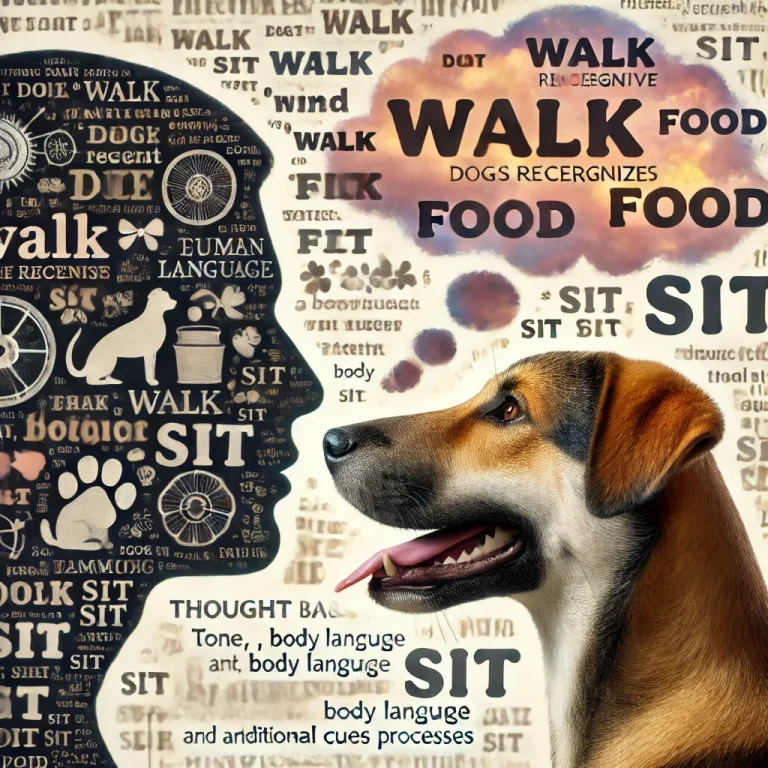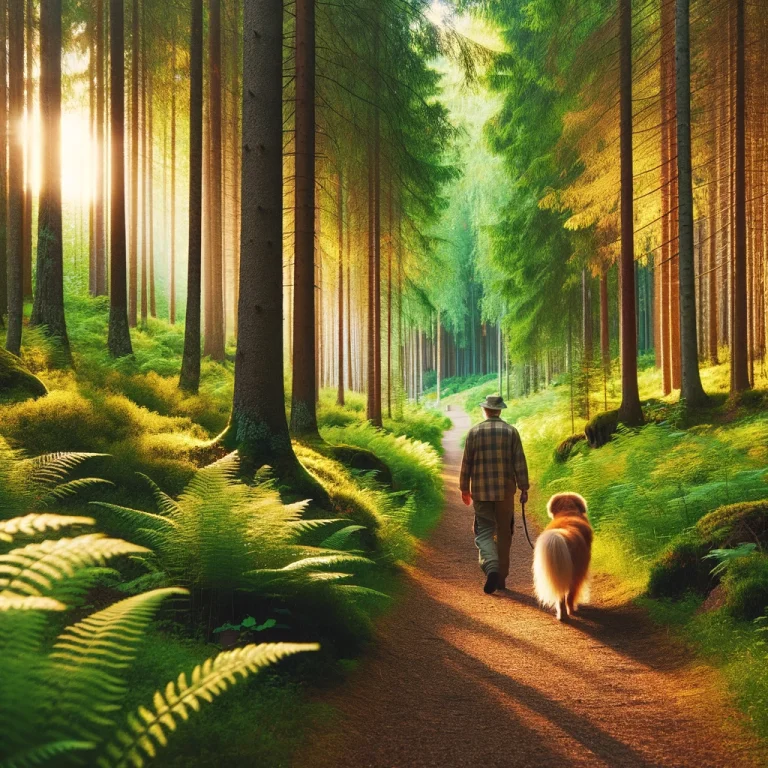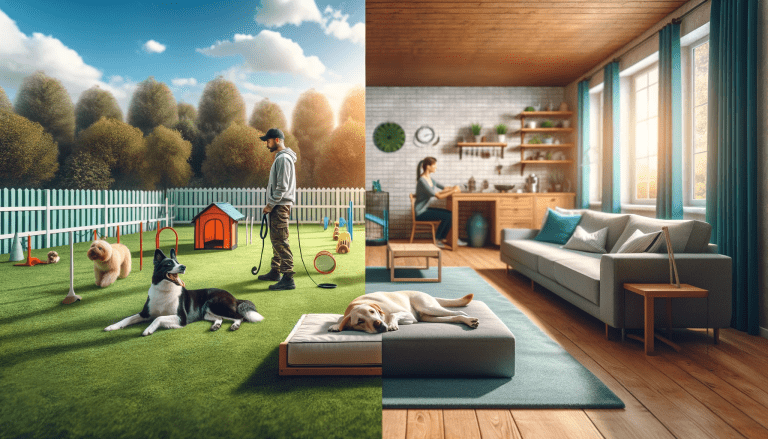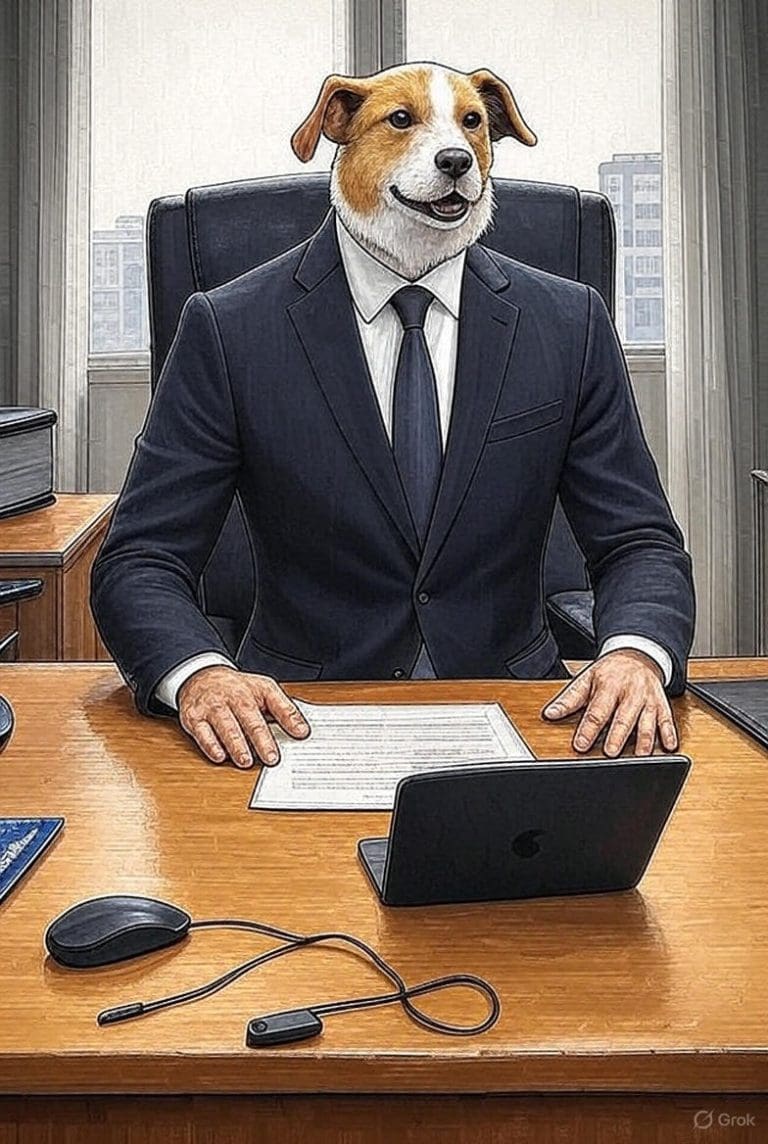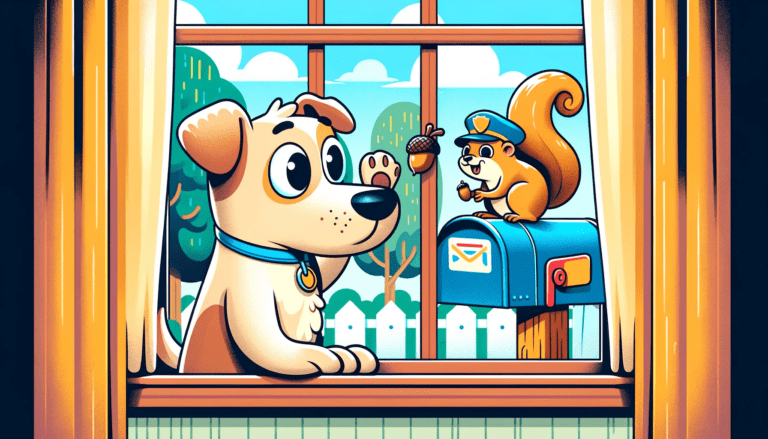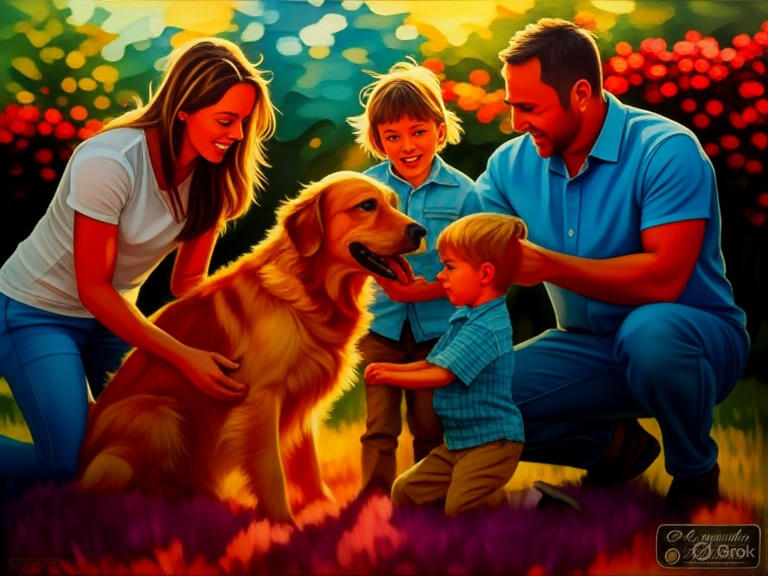Why Ignoring Dog Poop on Your Lawn Could Invite Unwanted Pests
As professional dog trainers, we often focus on obedience, but training also includes teaching dogs good habits that promote a healthy environment—for your dog and your home. A commonly overlooked issue many dog owners face is handling dog waste. Leaving poop on the lawn isn’t just an eyesore; it can invite unwelcome guests like flies, mice, and even rats. Here’s why keeping your lawn poop-free can help deter pests and a few tips on training your dog to stick to one area of the yard, making clean-up easier and more effective.
Why Dog Waste Attracts Pests
When dog waste is left unattended, it can quickly attract pests. Flies love the smell and lay their eggs in it, which can lead to maggot infestations. Mice and rats are attracted to the scent as well, as they see it as a potential food source or a sign that food is nearby. Once they’re around, they may start to explore closer to your home, and eventually, they can find their way indoors.
Dog waste is also a breeding ground for harmful bacteria and parasites, which can endanger your pet’s health, especially if they accidentally ingest contaminated soil while playing in the yard.
Step One: Designate a Poop Zone
One of the simplest ways to manage dog waste and keep pests at bay is by designating a specific part of your yard as the “poop zone.” Training your dog to go in one area makes clean-up easier, prevents waste from being spread all over the yard, and keeps the rest of the lawn clean and enjoyable. Here’s how to get started:
- Choose a Spot: Pick a secluded area of your yard that’s easy to access for clean-up. Look for a spot that’s slightly away from your main outdoor seating area or play zones.
- Use Clear Cues: Start by using a consistent command and a “leash” when taking your dog to this area, like “Go potty” or “This is your spot.” Repeat this every time you take them out.
- Reward Immediately: As with all dog training, positive reinforcement is key. Reward your dog immediately after they do their business in the designated area. This will help them understand that going there is a good behavior.
- Be Patient and Consistent: Stick with this routine consistently for a few weeks. Dogs pick up on routines quickly, and with repetition, your pup will learn that the designated area is their bathroom spot.
Tools to Make Clean-Up Easier
To maintain a pest-free lawn, cleaning up after your dog is crucial. Here are a few tools that can help make this task easier and more efficient:
- Pooper Scooper with Long Handle: Bending down to pick up waste can be tiring, especially if your dog is large or you’re managing a big yard. A long-handled pooper scooper allows for quick, easy clean-up. https://amzn.to/3O13BfE
- Waste Bag Dispenser: Keeping a waste bag dispenser attached to your leash or near the door ensures you always have bags handy. Look for biodegradable bags, which are better for the environment. https://amzn.to/3ChOiws
- Odor-Blocking Trash Can: A designated trash can with odor control features will prevent any lingering smell from attracting pests until garbage day. Place it near the poop zone to minimize the hassle. https://amzn.to/4fF0Z2J
- Lawn Deodorizer and Sanitizer: A pet-safe lawn deodorizer not only helps to eliminate odors but also kills bacteria and reduces the risk of parasites in your yard. This is especially useful if you have multiple dogs or host playdates with neighborhood pets. https://amzn.to/3Clvht8
Long-Term Benefits of a Pest-Free Yard
By cleaning up after your dog and teaching them to use a specific area, you’re not only improving your immediate environment but also protecting your property from potential pest invasions. This routine encourages a healthier lawn, reduces foul odors, and minimizes the chance of bacteria and parasites spreading.
Training your dog to use one area for waste is a simple but effective habit that can keep your yard safer and cleaner. Plus, it’s an excellent example of how training extends beyond obedience into daily care and management that benefits both you and your furry friend. Happy training, and here’s to a pest-free, clean yard for everyone!
Need help? OffLeashGeorgia.com

